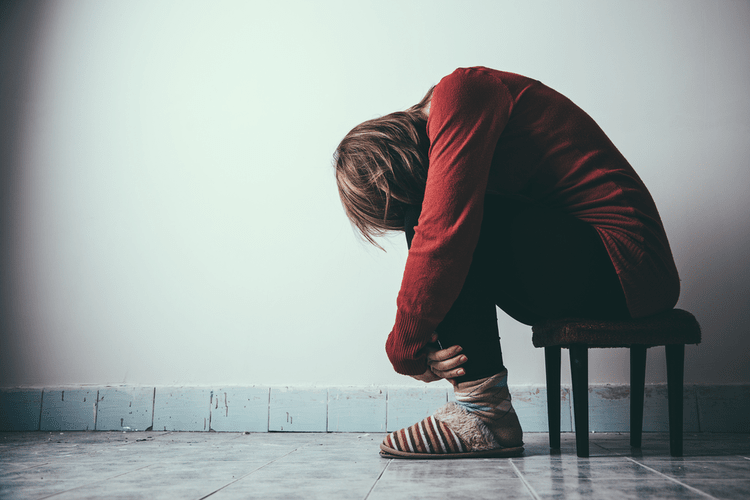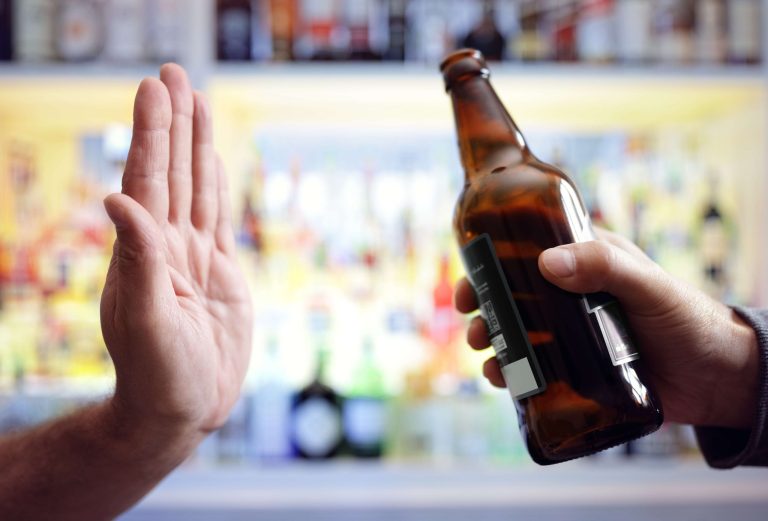Alcohol is linked to many types of cancers, affecting nearly every organ. After about 4 months of abstaining from alcohol, your cancer risk drastically decreases. This risk reduces even more the longer you abstain from alcohol.
For those without severe liver damage (cirrhosis), the liver is able to regenerate itself almost entirely. Long term, increased liver function enhances energy levels and metabolism. For those most at risk of alcohol withdrawal, they should be treated professionally and with medical detox help. During the first few days, your body starts flushing out toxins and rebalancing your hydration levels.
Day 3

That’s why many of us wonder if a month of avoiding drinking is enough to “reset” your liver back to normal. It’s true that taking a break from alcohol for any amount of time will be beneficial overall, with some research showing that liver function begins to improve in as little as two to three weeks. But a full detox is needed for the most benefit, and how much time that takes depends on a variety of personal factors.
Your Blood Pressure Will Decrease
Reducing from heavy to moderate drinking reduced alcohol-related cancer risk by 9%. Once you stop drinking, the alcohol leaves your system quite quickly. This means, depending on the physical state of your liver, that you gradually start to feel better. As the week progresses, you usually have more energy because your liver is not struggling to recover every single day. Your energy will be devoted to getting you going, as opposed to recovering from alcohol.
Better mental health

But that may not be true, or true only for light sippers (less than one drink a day). If you use more than that, cutting back or quitting may lower your blood pressure, levels of fat called triglycerides, and chances of heart failure. Alcohol withdrawal is your body’s way of marijuana addiction reacting when you suddenly stop drinking after regular use. If your brain has gotten used to alcohol being in your system, it tries to balance itself when the alcohol is gone. This causes symptoms—some are mild, others can be life-threatening.
You may initially notice disrupted sleep, mood changes, sweating or tremors. While you’re unlikely to notice, unless it is excessively high, your blood pressure will decrease. For example, patients of all ages who come to us drinking heavily have exceedingly high blood pressure. Even if they’re on a detox plan with a significant amount of tranquilizers, their levels can be up to 170.
- We realize that these cravings will subside naturally on their own.
- Journaling can be a great way to document the ups-and-downs, and learn from your past experiences.
- Alcohol withdrawal (alcohol withdrawal syndrome) is a range of symptoms that can happen if you stop or significantly reduce alcohol intake after long-term use.
- Delirium tremens has a fatality rate of 37% if untreated and is considered a medical emergency.
- For light or moderate drinking, you might experience a more temporary, mild effect on mood.
This is because, for a lot of people who experience some kind of liver dysfunction, it makes them at risk of not getting enough proteins, calories or vitamins. If you’re more of a moderate to occasional drinker, you may find the hardest part of stopping drinking to be the social pressures. We’ve made a timeline – based on scientific research – that shows what you might feel in the first days, weeks, months and years after taking a break from what happens if i stop drinking alcohol alcohol. The safest way to withdraw from alcohol is with medical supervision.
- An inpatient detox program refers to a facility within the treatment center that provides 24/7 support from medical staff during your rehabilitation.
- Alcohol also reduces the liver’s ability to regulate blood sugar.
- Although we wish it wasn’t so, drinking alcohol diminishes your mental acuity.
- During detox, medical professionals may provide medications to help ease withdrawal symptoms and prevent serious complications.
- Your sleep cycle is continuing to improve, so you’re getting even more REM sleep and feeling more rested.
Holiday Heart: Why Your Heart Races After Drinking Alcohol
For this reason, it is vital to taper off alcohol under medical guidance. While quitting cold turkey may seem like a quick fix, the dangers outweigh the supposed benefits. Alcohol dependence affects both the mind and body, creating a dual grip of addiction that makes it challenging to break free. Many struggling with dependence may drink to manage underlying mental health issues3 like anxiety, depression, and trauma. While the idea of immediately cutting off alcohol may seem like a fast path to recovery, it can actually be very dangerous, especially for those with long-term dependence. The body and brain become accustomed to alcohol’s presence, and suddenly removing it can trigger severe physical and psychological withdrawal symptoms.

They’re more common in people older than 40 with a long history of alcohol misuse. Withdrawal seizures usually https://saacse.org/recognizing-fentanyl-fold-and-signs-of-fentanyl-3/ happen 12 to 48 hours after your last drink. Get help right away if you or a loved one has an alcohol-related seizure.
Lower blood pressure and heart rate
SMART Recovery is an evidence-based approach, while AA and WFS are more closely aligned with spiritually-oriented treatment. There is also the option to enter an outpatient treatment program, which provides the same therapy options while allowing you to stay at your home instead of at the facility. This offers flexibility to continue with school or work, while getting the assistance you need during your recovery. Even short-term alcohol abuse impacts your coordination and memory, potentially leading to blackouts, loss of memory, and even seizures for those who are predisposed. Severe delirium tremens can cause psychosis, which is a disconnect from reality.
But even if you don’t drink that much, you can still have withdrawal symptoms. Here’s a timeline of how your body might react after you stop drinking alcohol. Through abstinence, however, studies have shown that a regeneration of brain function, metabolism and brain volume (including white matter) is possible.
